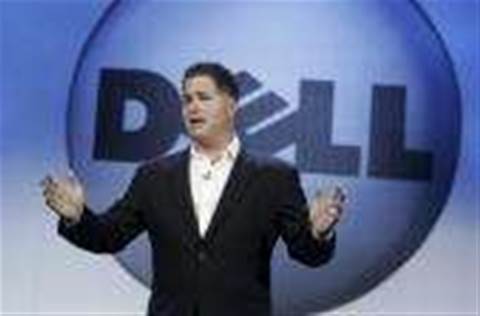Michael Dell said that new chipsets and better operating systems are driving the corporate IT sector to refresh its hardware.
Speaking at his Citrix Synergy 2010 conference keynote Dell said that while corporate spending had been cut during the recession the massive savings that could now be made in power, space and operating costs was forcing companies to upgrade, calling the cycle “alive and well.”
“You can do a 30 to one server consolidation, that's a 94 percent cost reduction, and it's possible with 3-4 year old servers,” he said during the Q &A session.
“I've explained to the Department and the Secretary of Energy that there's an enormous opportunity to update the infrastructure and reduce consumption. Companies are spending a disproportionate slice of money on maintaining their hardware and the idea is they save that cost and invest it in growth.”
Some industries, such as the financial services sector, used upgrades in server technology as a competitive advantage he said, but other sectors (retail was mentioned) had less pressing needs for upgrading.
The launch of Windows 7, which he described as “best we've ever had,” was also important in cutting costs. Both Dell's internal and external help desk calls were greatly reduced with Windows 7 customers.
During the Q&A Dell took questions from the audience and expounded on a variety of industry issues.
The need for 4G was compelling he said. While not mentioning Dell's plans in the sector it was clear that the current mobile data network was not able to handle the growing demand.
“The move to 4G, it's a pretty big leap, it's like the leap to Wi-Fi; which was major. We need this extra network capacity and [current networks] can't supply it.”
On cloud computing security he was optimistic. Certain business applications like Salesforce.com could be run securely on the public cloud he said and Dell and others used that and other secure applications. While it would never be 100 percent secure, public cloud access was “acceptable.”
Finally, when asked about the iPad Dell dodged a direct question on his company's plans in the tablet sector and confined himself to saying that there would be “a significant array of devices in many different form factors.”
He didn't see the market cannibalising other sectors, saying applications and usage patterns were opening up new users.






.jpg&h=142&w=230&c=1&s=1)
_(21).jpg&h=142&w=230&c=1&s=1)





.jpg&w=100&c=1&s=0)











